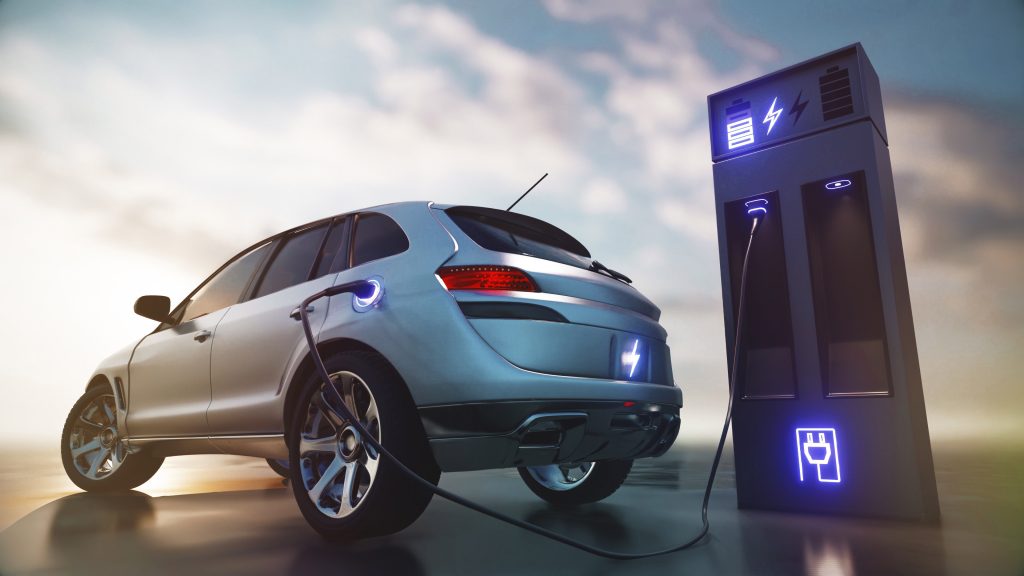What do you think about when you picture a young couple in a convertible with big smiles, sunglasses, and the wind blowing through their hair?
Many associate cars with freedom. Cars represent the freedom to go wherever you want, and experience all life has to offer.
The world has changed dramatically since that idea was established. Today’s cars are more like computers on wheels.
Savvy folks are aware of the privacy pitfalls of smartphones, social media, and online games. Far fewer think about the fact that their new car collects data about them, sells that data, and offers limited to no way to opt out of it.
Now for the cringey part: Some car manufacturers are even interested in the sex life of their customers.
How can it be this bad? Here’s a theory:
The Haze of Innovation
People are enthralled with their smart cars.
Companies like Tesla are innovating in a big way in the space, and the uptick in advancement in the industry is a relatively new phenomenon. Thus, certain realities like the lack of online privacy in new cars haven’t quite hit the average customer’s radar.
Smartphones and social media have been around long enough for the blind enthusiasm to dim. Tech companies recognize that giving people greater control of their online privacy is responsible and ultimately good for business.
Car manufacturers can get away with not-so-hot online privacy policies because it’s still the early days. However, history has taught us that eventually, consumers will demand better privacy, and in time, car manufacturers will be forced to rethink their approach.

Rapid Advancement in Auto Tech
Your first car was likely a way to get from point A to point B. My, how times have changed.
From the rise of electric vehicles to the promise of fully autonomous cars, advancement in the auto industry is incredible right now.
Electric car sales are reaching new heights. In the second quarter of 2023, nearly 300,000 EVs (fully electric vehicles) were sold in the U.S. alone.
The computers in Telsa’s vehicles are so powerful that they can run video games. And we’re not talking mobile games with low requirements. Telsa’s CEO Elon Musk demonstrated the capabilities of its Model S Plaid by playing Cyberpunk 2077 [Amazon]. He stated their computer hardware offered “PS5-level performance.”
Unfortunately, growing pains come along with the innovation.
Computer hardware and software this advanced are new things in cars. It’s going to take time to perfect the fine points. To your typical customer, online privacy doesn’t have that wow factor that software features do. And it’s the wow factor that sells cars. Thus, privacy is not a top priority for auto manufacturers yet.
Mozilla’s Study Roasts the Auto Industry for Its Approach to Privacy
A recent study on the state of privacy of car brands pulled no punches. Mozilla went as far as to say new cars are a “privacy nightmare on wheels.”
Every brand, from Ford and Volkswagen to Toyota, failed their privacy test.
Researchers found that sensors, microphones, cameras, connected devices, and phones are being deployed to gather some pretty questionable data about customers.
They put it like this: “(It) can collect deeply personal data such as sexual activity, immigration status, race, facial expressions, weight, health and genetic information, and where you drive.”
Wondering how that information can possibly relate to driving, navigating, and the services you use on the road?
Well, it doesn’t. And that leads us to the next topic: What they actually do with the data.

76% of Car Companies Sell Your Data
Corporations are always looking for new revenue centers that offset the challenges they face. And gathering data about consumers is big business.
Data is a $300 billion-a-year industry. And it employs 3 million people in the U.S.
While some of the data is used for the auto manufacturer’s own research, marketing, or business purposes, Mozilla found that 84% of them sell it or share it. It then gets into the hands of service providers, data brokers, and other businesses.
By digging deep into their terms of service, they also found that 56% can share your information with the government or law enforcement.
Car Brands Are Largely the Same with It Comes to Privacy
Mozilla created a chart that compares car brands for privacy. Companies with a failing grade were given an ‘X’ for the following categories: data use, data control, track record, security, and AI.
Brands largely weren’t that different in their approach to privacy across the board.
The major brands you’ve heard of mostly received four dings out of five. Subaru, BMW, Fiat, Jeep, Chrysler, and Dodge faired a bit better with three dings. And Tesla was the only one to get an ‘X’ in every single category.
California Probes Internet-Connected Cars
The Wild West in data practices for new cars is not going to last.
California recently revealed that privacy regulators would probe the data practices of newer cars that are connected to the internet.
The California Privacy Protection Agency was established in 2020 by a ballot initiative that beefed up the California Consumer Privacy Act of 2018.
It’s a start, and this may set a precedent for other states to follow.

Conclusion
The current CEO of Ford Motor Company revealed the following: “We know everyone who breaks the law, we know when you’re doing it. We have GPS in your car, so we know what you’re doing.”
The vast majority of people are law-abiding citizens. Do auto manufacturers really need to have this level of power to probe their customers at will?
Considering the less-than-stellar grades by Mozilla’s report, the auto industry has a thing or two to learn about using technology responsibly. Just because you can do it, doesn’t mean you should.
Once customers become more aware of data privacy in connected cars, manufacturers will be able to out-compete each other by employing better practices. Let’s hope that’s the next step in this technological revolution, rather than the big players moving in lockstep.
